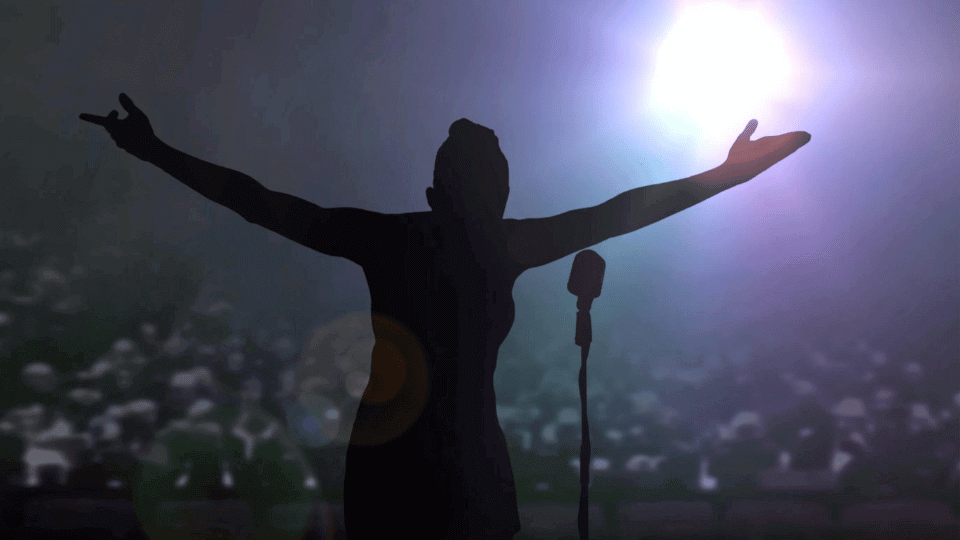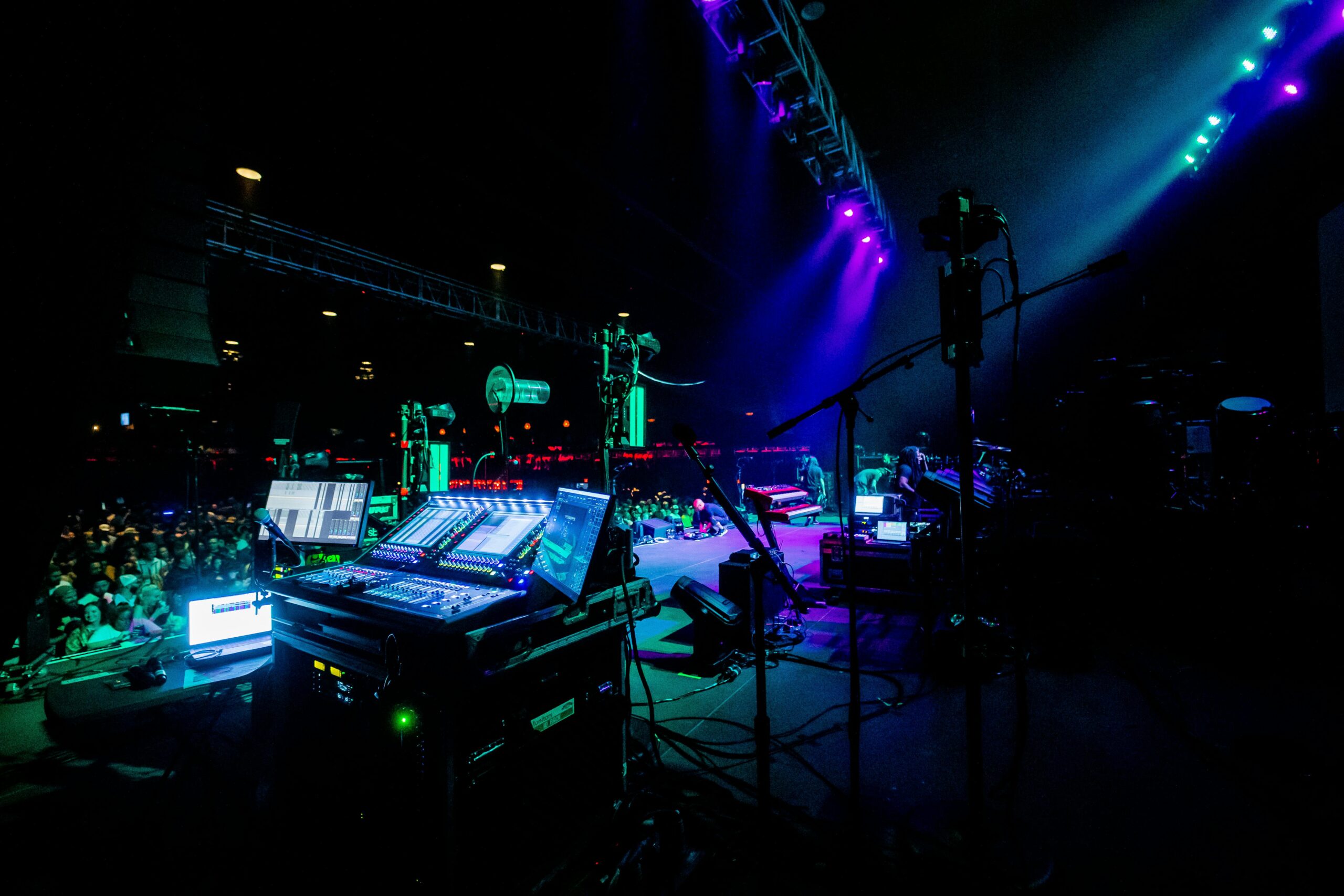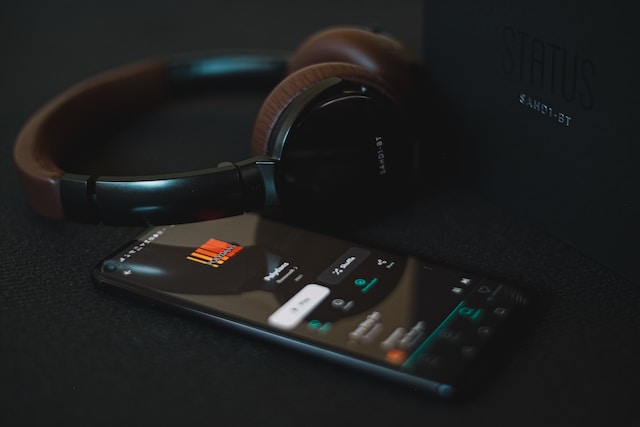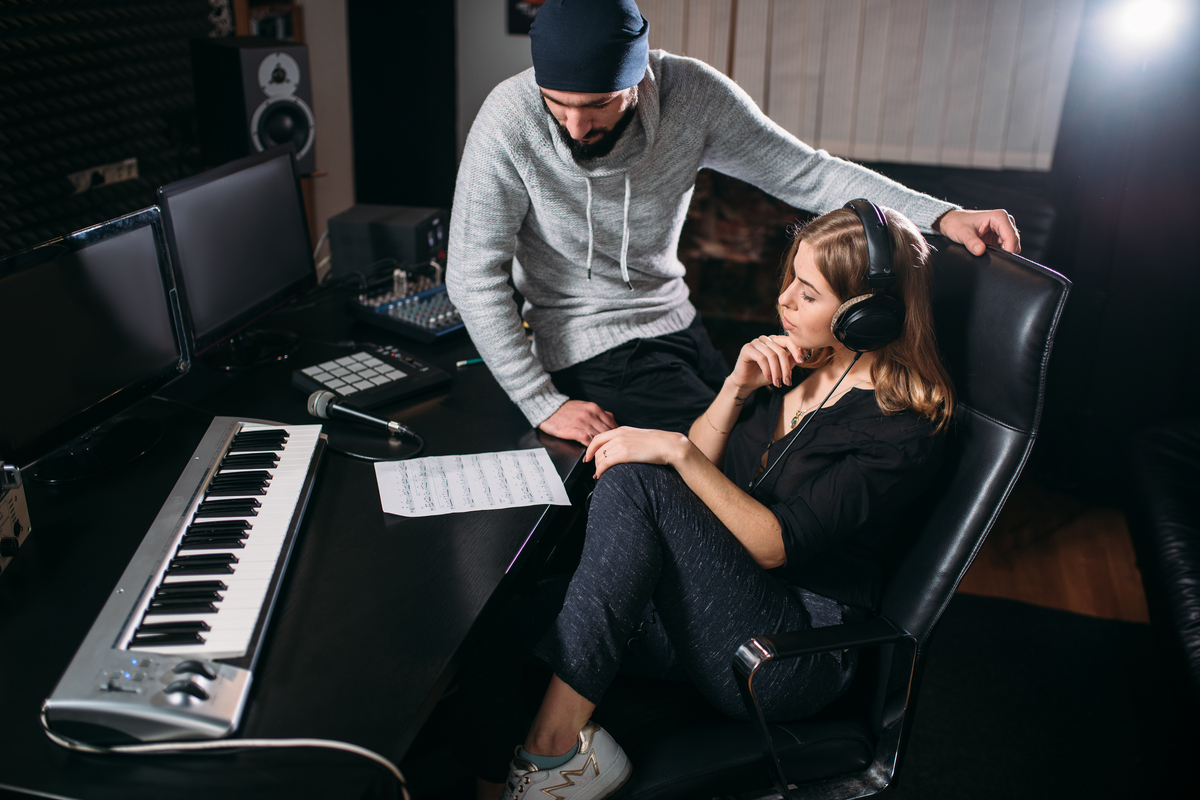1. Utilize Social Media Platforms
Social media is a powerful tool for promoting tours and engaging with fans. Platforms like Instagram, Facebook, Twitter, and TikTok allow artists to share tour updates, behind-the-scenes content, and interact with their audience in real-time. By creating a social media calendar, posting engaging content, running targeted ads, and collaborating with influencers, artists can effectively promote their tour and connect with fans on a personal level.
2. Email Marketing Campaigns
Email marketing remains a valuable tool for reaching out to fans and promoting tour dates. Building an email list and sending out regular newsletters with tour announcements, exclusive content, and ticket discounts can help generate buzz and drive ticket sales. Personalized email campaigns, segmented based on fan preferences and location, can increase open rates and conversions, making email marketing a key component of tour promotion strategies.
3. Collaborate with Local Influencers
Partnering with local influencers and bloggers in tour cities can help reach a wider audience and generate local buzz. Influencers can promote tour dates, share their excitement about the upcoming event, and drive ticket sales through their dedicated followers. By leveraging the influence of local personalities, artists can tap into new fan bases and create a sense of community around their tour.
4. Create Engaging Video Content
Video content is a highly engaging medium that can captivate audiences and build excitement for an upcoming tour. Artists can create tour trailers, behind-the-scenes videos, tour diaries, and live performance clips to showcase their talent and connect with fans on a deeper level. Sharing video content on platforms like YouTube, Vimeo, and Instagram Stories can increase visibility and engagement, driving interest in the tour.
5. Run Contests and Giveaways
Contests and giveaways are effective marketing tactics to boost engagement, increase social media followers, and drive ticket sales for a tour. Artists can run contests where fans can win free tickets, VIP experiences, merchandise, or meet-and-greet opportunities. By encouraging fans to participate, share content, and tag friends, artists can create a buzz around their tour and incentivize fans to purchase tickets.
6. Leverage Spotify and Music Streaming Platforms
Streaming platforms like Spotify offer artists valuable tools to promote their music and upcoming tours. Artists can create tour playlists, collaborate with curators, and use Spotify’s Artist Pick feature to highlight tour dates and ticket links. By engaging with fans through music streaming platforms, artists can drive traffic to tour websites, increase ticket sales, and connect with listeners on a global scale.
7. Partner with Local Businesses and Brands
Collaborating with local businesses and brands can provide artists with additional marketing opportunities and promotional support for their tour. Partnering with venues, hotels, restaurants, and retail stores in tour cities can help cross-promote events, offer exclusive discounts to fans, and enhance the overall tour experience. By forming strategic partnerships, artists can tap into established networks and reach new audiences.
8. Utilize Geotargeted Advertising
Geotargeted advertising allows artists to target specific regions, cities, or even neighborhoods with tailored marketing campaigns. By using platforms like Google Ads, Facebook Ads, and Instagram Ads, artists can reach audiences based on their location, interests, and demographics. Geotargeted advertising can help optimize marketing budgets, increase ticket sales in key markets, and ensure that promotional efforts are reaching the right audience.
9. Engage Fans with Interactive Experiences
Interactive experiences like virtual meet-and-greets, live Q&A sessions, and exclusive fan events can create a sense of community and excitement around a tour. Artists can use platforms like Zoom, Instagram Live, and Twitch to engage with fans in real-time, answer questions, and provide exclusive content. By fostering a direct connection with fans, artists can cultivate loyalty, drive engagement, and increase ticket sales for their tour.
10. Post-Tour Engagement
The tour marketing journey doesn’t end when the last show is over. Artists can continue engaging with fans post-tour by sharing highlights, behind-the-scenes footage, and memories from the road. By maintaining an active presence on social media, releasing tour documentaries, and thanking fans for their support, artists can prolong the tour experience, build anticipation for future tours, and keep fans connected long after the final encore.
Conclusion
Tour marketing is more than just selling tickets—it’s about building lasting fan relationships and creating buzz before, during, and after every show. By leveraging digital tools, engaging content, and strategic collaborations, artists and promoters can maximize their reach and ensure every tour stop becomes a memorable experience. A well-executed marketing strategy not only boosts ticket sales but also strengthens fan loyalty and fuels long-term career growth.
Key Takeaways
- Social media is essential for real-time fan engagement and promoting tour updates through targeted posts and influencer collaborations.
- Email marketing builds direct communication with fans, allowing for personalized updates, early access, and exclusive offers.
- Local influencer partnerships help generate city-specific buzz and broaden the tour’s reach.
- Video content (e.g., trailers, behind-the-scenes footage) boosts engagement and excitement leading up to shows.
- Contests and giveaways drive fan interaction and promote ticket sales through viral sharing.
- Music streaming platforms like Spotify can be used to promote tour dates and playlists, connecting with fans globally.
- Brand and business collaborations enhance local marketing efforts and offer value-added experiences to fans.
- Geotargeted ads allow for precise marketing in key tour locations, optimizing ad spend and results.
- Interactive experiences like live Q&As and meet-and-greets deepen fan relationships and drive loyalty.
- Post-tour engagement extends the life of the tour, keeping fans connected and excited for future events.
To delve deeper into the intricacies of the music industry and sharpen your marketing acumen, consider exploring the NYU x Billboard | Music Industry Essentials course and certificate program.








